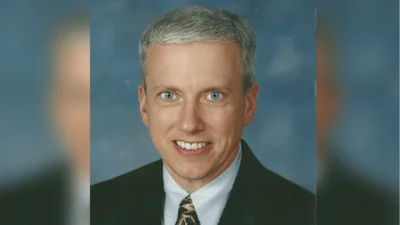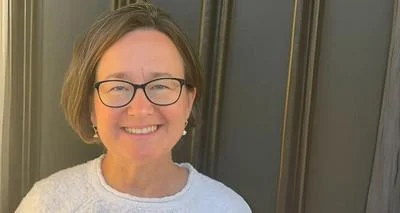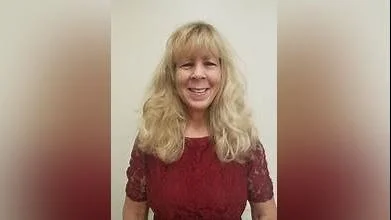Travis Tranel, Wisconsin State Representative of 49th District | Official Website
Travis Tranel, Wisconsin State Representative of 49th District | Official Website
According to the Wisconsin State Legislature's official website, the bill was described as follows: "a transition to grazing pilot program and making an appropriation. (FE)".
The following is our breakdown, based on the actual bill text, and may include interpretation to clarify its provisions.
In essence, this bill establishes a transition to grazing pilot program within the Department of Agriculture, Trade and Consumer Protection, tasked with supporting farmers and agribusinesses adopting forage-based managed grazing systems. The program offers grants of up to $40,000 to farmers implementing new or improved grazing practices, though it does not support existing practices. Up to 75% of the grant can be disbursed in the first year, with 12.5% in each of the following two years. The program also provides technical assistance, economic analysis, and market development initiatives for forage-fed livestock, aiding innovation in grazing strategies. Additionally, it supports the state’s forage-fed livestock supply chain. The act takes effect the day after or the second day following the publication of the 2025 biennial budget act.
The bill was co-authored by Senator Jesse L. James (Republican-23rd District), Representative Clinton M. Anderson (Democrat-45th District), Representative Elijah R. Behnke (Republican-6th District), Representative Jill Billings (Democrat-95th District), Representative Barbara Dittrich (Republican-99th District). It was co-sponsored by Senator Kristin Dassler-Alfheim (Democrat-18th District), Senator Sarah Keyeski (Democrat-14th District), and Senator Brad Pfaff (Democrat-32nd District), along 18 other co-sponsors.
Travis Tranel has co-authored or authored another five bills since the beginning of the 2025 session, with none of them being enacted.
Tranel graduated from Loras College in 2007 with a BA.
Tranel, a Republican, was elected to the Wisconsin State Assembly in 2011 to represent the state's 49th Assembly district, replacing previous state representative Phil Garthwaite.
In Wisconsin, the legislative process starts when a senator, constituent, group, or agency proposes an idea for a bill. After drafting, the bill is introduced, numbered, and referred to a committee for review and public input. If approved, it moves through three readings and votes in both the Senate and Assembly. Once both chambers pass the same version, the bill goes to the governor, who can sign it, veto it, or let it become law without a signature. Only a small share of bills introduced each session ultimately become law. You can learn more about the Wisconsin legislative process here.
| Bill Number | Date Introduced | Short Description |
|---|---|---|
| AB118 | 03/11/2025 | A transition to grazing pilot program and making an appropriation. (FE) |
| AB7 | 02/06/2025 | Requiring local approval for certain wind and solar projects before Public Service Commission approval |






 Alerts Sign-up
Alerts Sign-up